
Witness an Increase in your ROI
Unlock higher rankings, quality traffic, and amplified conversions through tailored award-winning SEO strategies.
If you own a business that serves people in one or more geographical locations or has your office(s) there, you will have to get your hands into local search. This post breaks it down for you and lets you in on a few local SEO tips and tricks.
What is Local SEO?
Local SEO (Local search engine optimization) is the practice of optimizing your website in such a way that increases the visibility of your business when your local customers or users look or search for it online. This can be achieved via a variety of methods which involves content, technical and on-page optimization, link building and webpage creation with an intent to target a specific area, location, etc.
What is Local Search?
Local Search is simply a search done on a search engine to look for a product or service that is available in your locality. Let’s say, you forget the birthday of your dearest ones and now you want someone to quickly deliver a cake to you or you know someone who is in urgent need of blood from a blood bank. In both these cases, you will search for a “cake shop near me” and “blood bank near me”. These type of queries, where you are looking for something in your vicinity, is known as Local Search.
Elevate your presence in local searches and let interested customers locate your products and services with ease.
Be the local choice on
‘near me’ searches.
Elevate your presence in local searches and let interested customers locate your products and services with ease.
What is Local SERP?
A local SERP is a SERP (search engine results page) result that appears when a local search query is made. For e.g.: If you search for “restaurants in andheri” then the search results that appear in the form of GMB (Google My Business) or organic results are known as Local SERP.
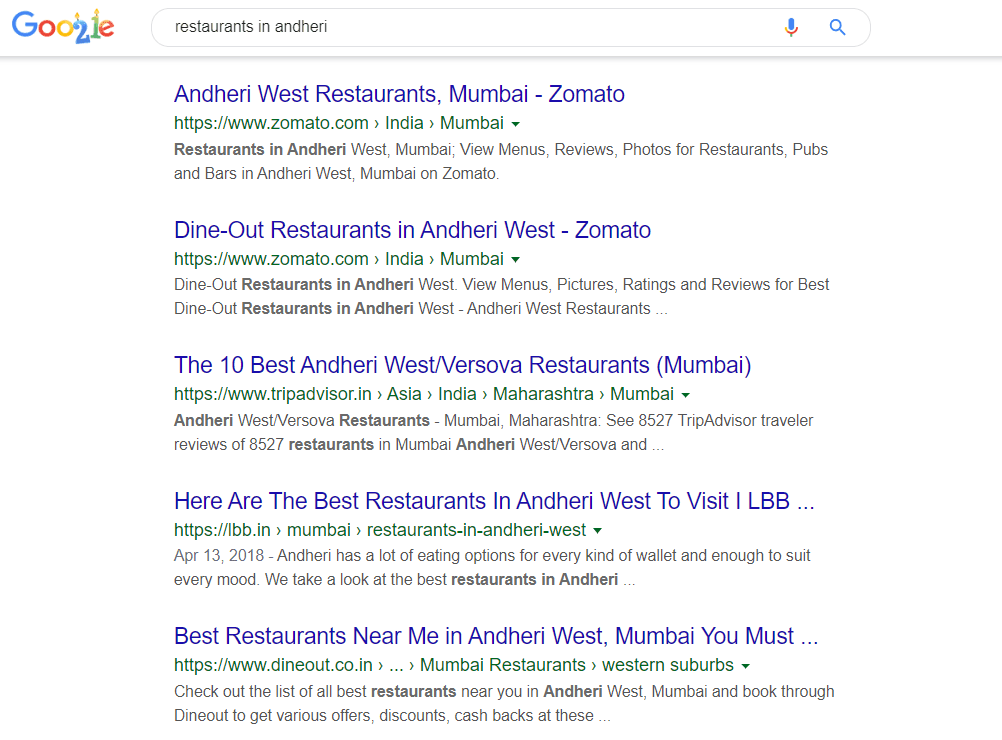
Why is Local SEO Important?
A lot of people look out for products or services that are available nearby. This could be a cake shop, tours and travels company, restaurant, hospitals or a photo-copy (xerox) shop. Hence, for local businesses, it is important to have an optimized site which lets people know about their product or service offering, the areas they serve, and other relevant information.
According to recent research:
- 71% of people who are seeking information about local businesses look online.
- 46% of all searches done are for local results.
- 50% of people who looked online for a local store visited one within a day of having conducted the Google search.
- 34% of those who had done a local search on their tablet or PC did the same.
- 18% of the local searches from mobile devices lead to sales within a day.
These are the reasons why Local SEO is important because you don’t want to be missed for local search queries which are relevant for you.
How Local SEO Works?
Google uses different factors to rank local search results. Some of the ranking signals used by Google include:
- The number of people searching for the business from where it is located
- The user’s location when searching for the company
- Google My Business Listings
- Online Reviews and keywords used in them
- Number of business ‘check-ins’
- Availability of Google Maps
Who benefits from Local SEO?
The following businesses benefit from local search engine optimisation,
- A business with a physical presence in a location that customers can visit. For example, stores and offices.
- A business catering to a specific group of people defined by their geographical location. For example, restaurants and catering services.
- A business that takes their service to their customer’s location. For example, plumbers and local delivery networks. These businesses are called service area businesses.
How Did Search Engines Change Over Time?
Search engines have transformed how consumers and marketers behave. Businesses now promote their brands online and strive to drive traffic through SEO (Search Engine Optimization) and other digital marketing tactics. However, the way SEO is done today is entirely different from what it was a decade ago. The reason for this is the continuous evolution of search engine algorithms that strive to offer the best results to users. Google, the leading search engine, has been introducing major algorithm updates from time to time which impacts SEO best practices. Here we will discuss how you can optimize your local SEO by using search engine best practices. But what is local SEO, and what are local SEO ranking factors and optimization tools? Find out.
Local SEO is the practice of improving the visibility of local businesses in local search results and driving more organic traffic. Every business is incorporating SEO into its marketing campaigns. Thus, local businesses must take advantage of this essential marketing tool to boost their brand awareness and sales.
The Rise of Google My Business (GMB) in Local Search
The need to provide local search results emerged in 2003-05 when Google first began rolling them out. With the passing of time, local search improved a great deal and is far more superior today than when it all began.
In the year 2014, Google introduced Google My Business (GMB), a move that was well-received by site owners and local SEO experts alike. The tool allows businesses to create business listings on Google, thereby helping local users/consumers to find and contact them. GMB provides essential information about businesses, like directions to reach their shop/outlet, their contact number, website address, pictures which help users understand if they are choosing right and much more.
Additionally, ratings and reviews on the site and on GMB, help users understand the quality of a company’s products/service before they can make a purchasing decision. Local-search optimized businesses that are legit and provide a quality product/service have the highest chances of getting customer attention when they search online.
Which Algorithms Impact Local SEO?
Although Google releases hundreds of algorithm updates every day, some of them have had the most impact on how local search results are populated. The following are the most important to the local SEO of a site:
1. Possum
There was big change to Google’s local search ranking algorithm in 2014. It shook up the Local Pack and Local Finder results. Though the update was named Possum, Google did not confirm it. It affected SERPs in such a way that before it was introduced if you searched for a business that was slightly outside your city limits, it would not appear in your SERPs. However, after the Possum update, this became possible. Now, you can search for any business even if it falls slightly outside your city limits.
Before the Possum update, multiple businesses in a similar category were able to appear in the local pack even if they were in the same building. However, after the Possum update, Google started showing one or a maximum of two such businesses in its search results instead of all of them. Although this prompted local business owners to panic, they soon realized that they were visible if the user zoomed in on the map; the listings too popped back into view within the local finder results.
2. Pigeon
Launched in July 2014, the Pigeon update focused on providing users with relevant and accurate local listings while considering parameters like the distance from and location of the user. While earlier the local pack showed as many as seven listings, it was trimmed down to three post Pigeon. The changes were visible in Google Maps and Google web SERPs.
What is Local Pack/Finder in Local SEO?
Before we proceed any further, we help you understand a few important local SEO terms:
Local Pack
The Local Pack is simply the box that appears on the SERP of local search terms; it contains three local search results.
Local Finder
Local Finder is an extended version of the Local Pack. In a Local Pack, you will see three search results and an option for ‘More Places’, which is what is known as the Local Finder.
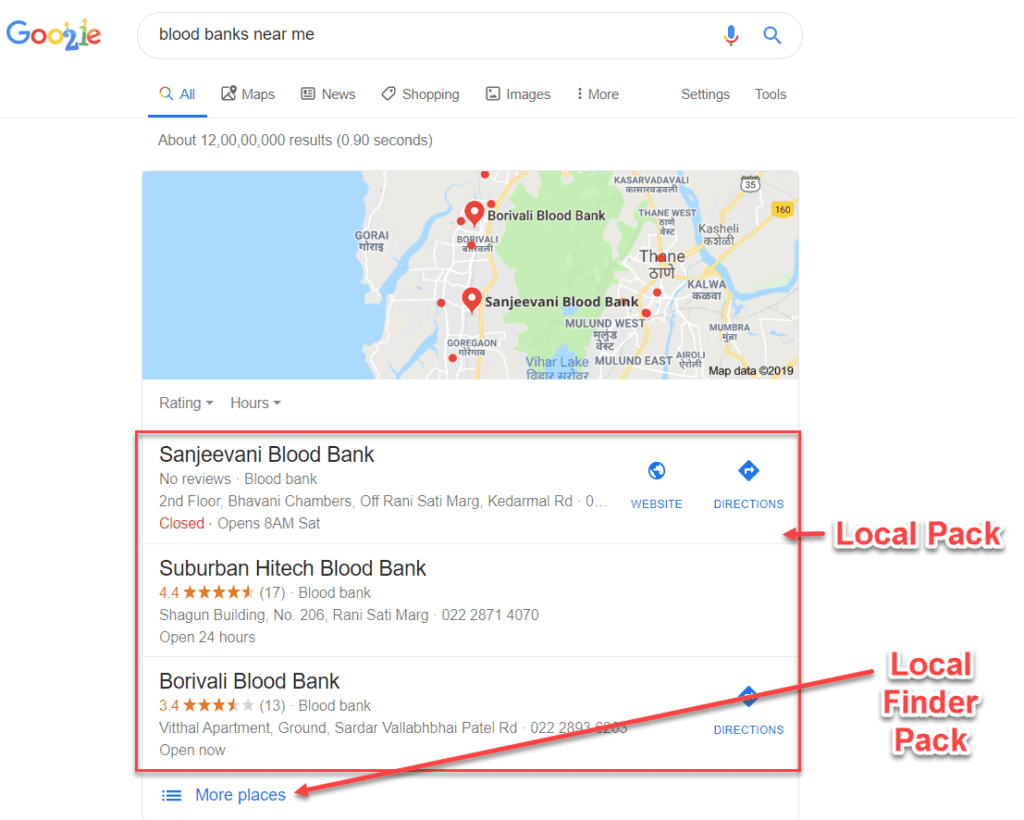
Local ABC Pack
A Local ABC Pack is a box that appears for branded search terms. Let’s say you search for a McDonald’s near you from your mobile device or desktop. You will notice ‘A’, ‘B’ and ‘C’ subsequently appearing to the left of each result and the absence of review stars or ratings. This type of Local Pack is called a Local ABC Pack.
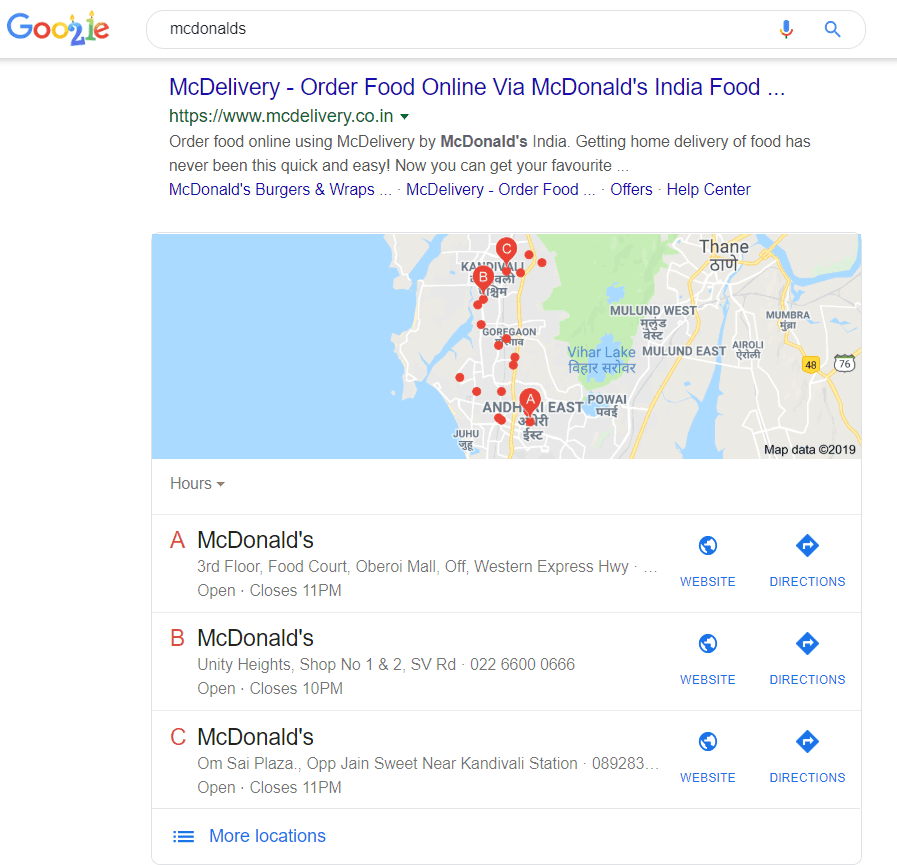
Local Snack Pack
A Local Snack Pack usually appears for queries related to restaurants or hotels and entertainment. Such results will have only pictures present and no phone numbers or links to the website.
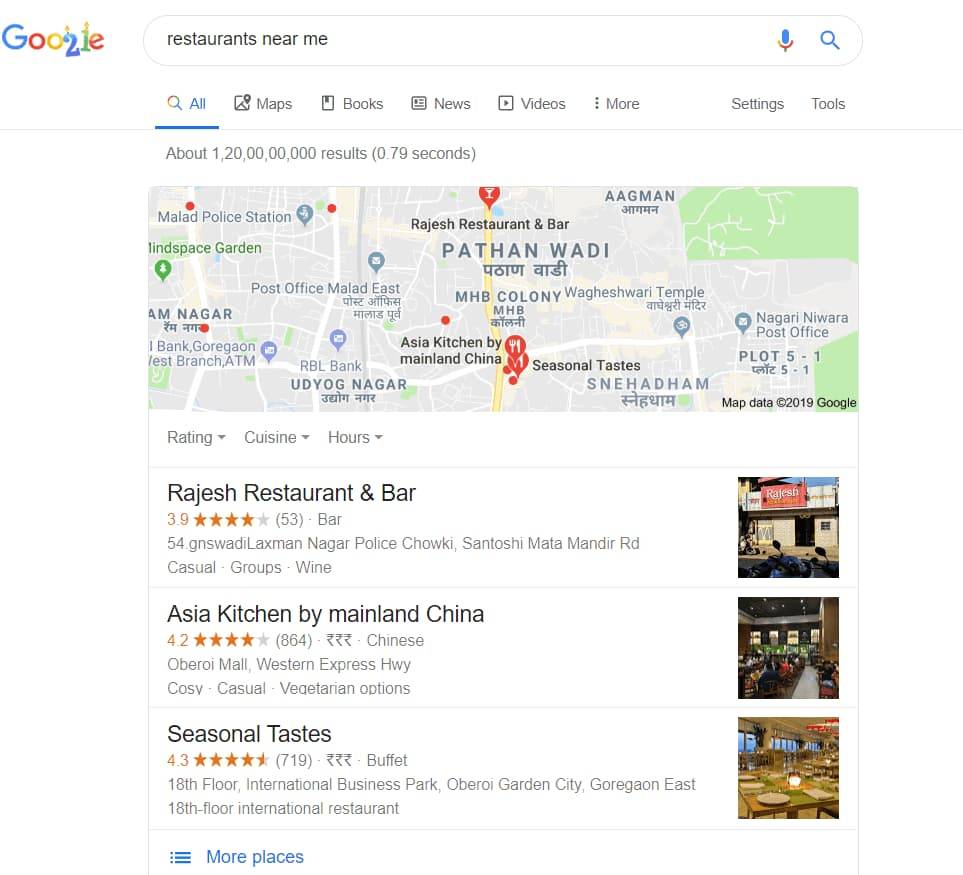
So now you know what is local SEO? Let’s just check out the ranking factors for Local SEO.
What are the Ranking Factors For Local SEO?
The following are the ranking factors for local SEO that can bring your website up to date with the latest algorithm updates:
Quality and Relevant Backlinks
Backlinks are a crucial component in building local business authority. Local businesses that acquire quality and relevant backlinks from other websites tend to drive more audience. And when it comes to building backlinks, make sure you focus on quality instead of quantity. You must receive backlinks to your site from authoritative websites to improve your rankings in search engine results and build your trustworthiness in local searches. Some of the ways you can get inbound links are sponsorships, partnerships, guest posting, etc.
On-Page Elements
On-page optimization plays an essential role in a local SEO strategy. It is important to optimize your on-page content with relevant keywords and details such as street names, landmarks, and the services you offer in the area. The HTML content, such as meta descriptions, title tags, and header tags, must provide a clear picture of your page’s overall structure and content. Make sure your NAP (Name, Address, and Phone Number) is consistent, displayed prominently on your website, and linked to your Google Maps. Using internal linking can also help you improve your rankings and user experience.
User Behaviour
User behavior data also determines a website’s local search rankings. So, if you want to rank higher in local search results and increase your brand awareness, you must understand your users and their journey. Once your website elements are optimized, keep track of and optimize the CTR (click-through rate). Each CTR signifies a user vote and indicates that users consider your page useful over others which ultimately increases its rankings. Apart from CTR, search engines also track the navigational path of users. i.e., the channels through which they visited your site and the path of their exit. So, make sure that users can navigate your website easily. You must identify the top landing pages and optimize them. The more landing pages users find on your site, the more organic traffic you will receive.
Google My Business Listings
As a local business owner, it is essential to appear in local search results when users search for nearby services. For this, you must optimize your Google My Business listings. The free feature of Google allows you to upload your business photos, services/products, locations, or other information to enhance customer engagement and brand awareness. By creating a Google My Business profile, you can interact with your customers and answer their reviews or queries. It also makes you aware of how users searched for you and where they are reaching you from.
Citations Signals
Citation signals are online listings of your business information and are considered an important aspect of your local SEO strategy. The citation refers to an online reference to your NAP. They make you trustworthy in the eyes of search engines and help improve your rankings in relevant search queries. So, make sure that your site is listed in reliable sources. This lets search engines know your business is trustworthy and actually exists. Further, your business information must be consistent across multiple local directories and social media profiles, as inconsistent or inaccurate NAP can negatively impact your credibility and, therefore, local rankings.
Reviews
Getting customer feedback is crucial to know your business strengths and where you need to improve. Reviews are also a great way to engage with your customers regularly and improve your trustworthiness. Also, the more frequent and diverse your reviews are, the higher your chances of ranking higher in local search results. So, make sure you remind your customers to leave reviews. You must then respond to the reviews on your site and other review sites to make yourself a credible brand in the market and boost your organic traffic from local searches.
Social Signals
Google bots track your online presence everywhere. The links and content shared by you on social media sites such as Facebook, Instagram, Twitter, etc., send out signals of your social media presence to Google. So, once you have optimized your Google My Business page, make sure you share it on social media to reach a wide audience and improve your rankings.
How to Optimize Your Site for Local Search
Optimizing for Local SEO simply means, driving more people to your website, living in the vicinity of your business which then will ultimately lead to the growth of your business. Following are the steps that you need to perform while doing Local SEO:
Mobile-Friendly Website
As there has been a steep increase in the number of mobile users in recent years, optimizing your site for it is a must. Your site must be mobile-responsive; adjust its sizing, layout, and proportions to display.
Keyword Research
Optimising local search SEO for your website depends on several factors, and keyword research is a rather important tool. Local keyword research is the technique of finding valuable keywords that your potential customers use when searching for products. However, it is not that simple. Businesses end up guessing the keywords that their potential customers use to search for their business or products. This guessing game leads them nowhere – as they could be targeting the wrong keywords and, worse still, ignoring the ones that could positively impact their business growth.
Here are a few points you can consider when doing keyword research,
- Keep the services you offer in mind and select keywords that are relevant to those services
- Brainstorm and expand on ideas
- Focus on both implicit and explicit keywords – such as ‘hairdresser’ and ‘hairdresser in Jefferson Park, Pasadena’
- Optimise for long-tail keywords
- Consider the People also Ask section for popular questions
- Try SEO keyword research tools
NAP
Giving out consistent NAP (Name, Address and Phone Number) information on all local business directories, citation sites, partner sites, and even Google My Business is the key to local SEO success. Expand your reach by targeting both generic as well as niche-specific sites such as Justdial, Yellow Pages India, TripAdvisor, Zomato depending on the business or service category.
Google My Business (GMB)
Google My Business is a tool to help businesses & organizations manage their online presence on Google Search & Maps. It helps businesses to attract local customers and help them with products and services that they offer.
- You can manage your business information on Google. This includes Name of a Business, Address, Phone number & Pictures.
- You can also interact with customers & respond to their queries or reviews.
- You can also understand and expand your presence through GMB Insights. You can also know how customers searched for your business, and where those customers are coming from.
Reviews On GMB
It always helps to go through customer feedback on GMB and other sites to know what you are doing right and where you need improvement. Engaging with them will also help earn their trust and show that you care about what they have to say. The more interaction, the better your chances of ranking higher in the local three-pack and organic rankings in general. You can simply log in to your GMB account and respond to a user’s comment – all Google search and Google Maps users will see your response under the tag ‘Response from the owner’ below the user’s review.
Local Online Directories / Citations
Look to your competitors to see where they are listed online. Local business directories like Indiabizlist, India Mart, Trade India, Yellow Pages, and others are valuable to anyone who wants to capture the local market. It is best to also do some research to find any domain-specific directories and further your local SEO strategy. This is also known as Citations. An online reference to your business name with exact NAP.
Local Partner Websites
Google does not mind an occasional link exchange between local business partners unless you do not overdo the linking. You cannot manipulate Google by excessively exchanging links – it should not look like a scheme. Although there is no method to figure out what counts as excessive exchange, you can always test to find the correct number.
Industry-Related Sites
Another method to boost your Local SEO is working with industry-related sites that offer several link building opportunities targeted at the local target audience. Some of the best examples of industry-related local sites are:
- Newspapers and magazines
- Chamber of Commerce and businesses
- Governmental organizations
- Schools and universities
These local industry-related sites help boost the value of your business profile considerably. It, invariably, increases your significance and authority.
Create Content Specific to Location
Use the Google Keyword Planner and Google Trends to conduct an in-depth analysis of keywords that are relevant to your niche and location. Go local and explore different ways of answering local search queries in an informative, engaging and useful manner. Avoid writing fluff pieces that do nothing for the customer – the more they can trust you as a reliable source of information, the more they will keep coming back to you!
Social Media Marketing
Having a social media page/profile is the top priority for your business – no matter what channel you choose, be it Facebook, Twitter or Instagram, you must engage with your customers on a regular basis. Addressing their queries and concerns, announcing new product/service offerings, sales, events, posting informative and entertaining content, etc. are some of the things you can do to send positive social media signals to Google.
Structured Data
Structured data mark-up or schema is add-on code that relays important information about your business on Google SERPS, right from your physical address to what you do and who you serve. Use local business, organization, product and service schema to help you reach out to the right local audience. The Google Structured Data Testing Tool will help you analyze your pages’ code and give your local SEO marketing a boost.
Create a Page For Every Product, Service, and Location
If you want your every product or service offering to do well in local search, create a separate page for each of them. This will also help you use the appropriate product/service schema on each page while helping Google bots understand them better and pointing them in the right direction on SERPs.
Optimize Meta Data Based on Location
Meta titles and descriptions are critical when it comes to telling users what your site is all about. Include the name of the location and the specific services or products you offer in your meta title and description. This will help both, Google and users about your area of operation, and business domain.
Local SEO Links
Unlike traditional SEO, where it is essential to have inbound links from relevant authority sites, local SEO focuses more on building links from local businesses. Besides, it is also vital to draw inbound traffic from residents rather than from people living in other places who cannot enjoy your products or services. You can build your local SEO link profile using some of these categories,
- Local directory
- Industry local sites
- Newspaper sites
- Chamber of commerce sites
- NAP citations
- Support local events
- Check competitor’s links
Local SEO tools
Here’s a list of SEO tools that can help you get started with local SEO strategy:
-
Google Business Manager
Google Business Manager, also known as Google My Business, allows you to manage your Google Business Profile. You can sign into Google Business Manager for free to improve your rankings.
-
Google Search Console
Google Search Console is a free-of-cost tool available that helps you monitor your website’s search performance. This tool allows you to get a clear picture of your keyword performance, your site traffic, and where it is heading.
-
Ahrefs
Ahrefs allows you to check your backlink profile which is an important element in building site authority. This tool also helps in keyword research and competitive analysis and lets you see the anchor text other websites when linking to your site.
-
Screaming Frog
Screaming Frog is a desktop program that crawls your website images, links, CSS, script, etc., and makes you aware of where you need optimization. While you can analyze up to 500 URLs in the free version of this tool, the paid version allows you to analyze unlimited URLs.
-
Google Keyword Planner
Google Keyword Planner is another free tool offered by the search giant. This tool allows you to research new keywords relevant to your business for your local SEO strategy. You can also see the estimates of the searches the keywords receive and how you can target them.
-
Moz
Moz is another useful tool that can help you improve your local search results. It ensures that your business listing is verified on Facebook and Google and distributed over the search ecosystem.
Conclusion
Local SEO involves a host of technical, on-page, and off-page activities that need some getting used to. If you are just starting out, it is best to seek the help of skilled professionals whom you can hire as part of an in-house team or reach out to us for local SEO services.
Read More :
Popular Searches
URL Structure | External Links | What is Sitemap | What is Digital Marketing | Google Ranking Dropped | Sitelinks | Linkbait | Guide to Google Analytics Audience Report | Grey Hat SEO | History of Google | Digital Marketing Blogs | SEO Tools | Reverse Image Search on Google | Black Hat SEO | Googlebot | What is PPC | Blogger Outreach | Local SEO | Link Spam | SEO Chrome Extensions | History of SEO | ASO Ranking Factor | What is Youtube SEO | Organic Traffic in Google Analytics | Technical SEO | Types of Digital Marketing | What is SEO | Canonicalization | What is On Page Optimization | Off Page Activities | Link Building Service | What is Image Optimization | Boston Services | Dallas SEO Company | SEO Agency Houston
How useful was this post?
0 / 5. 0

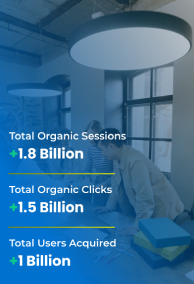
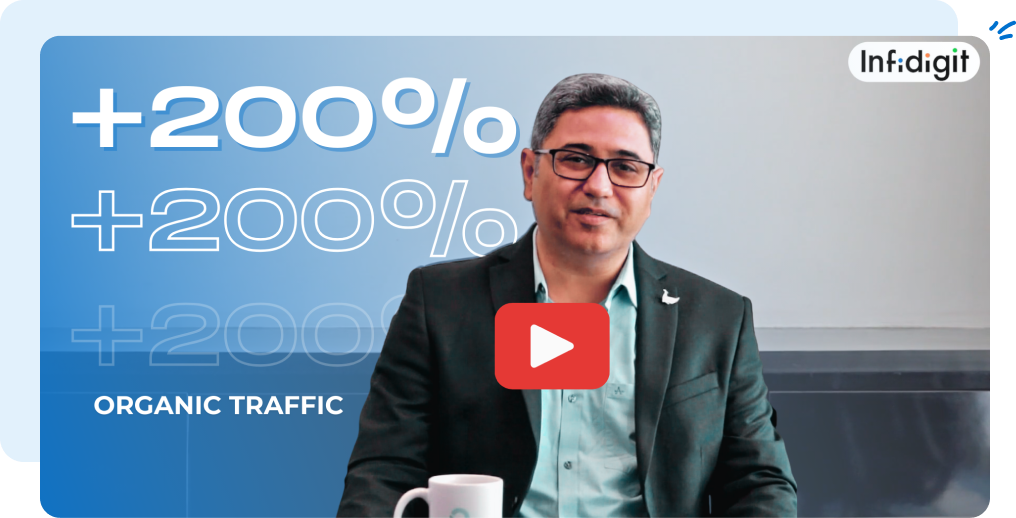

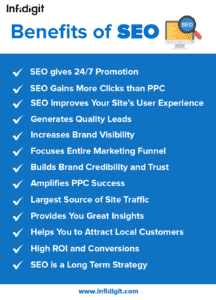

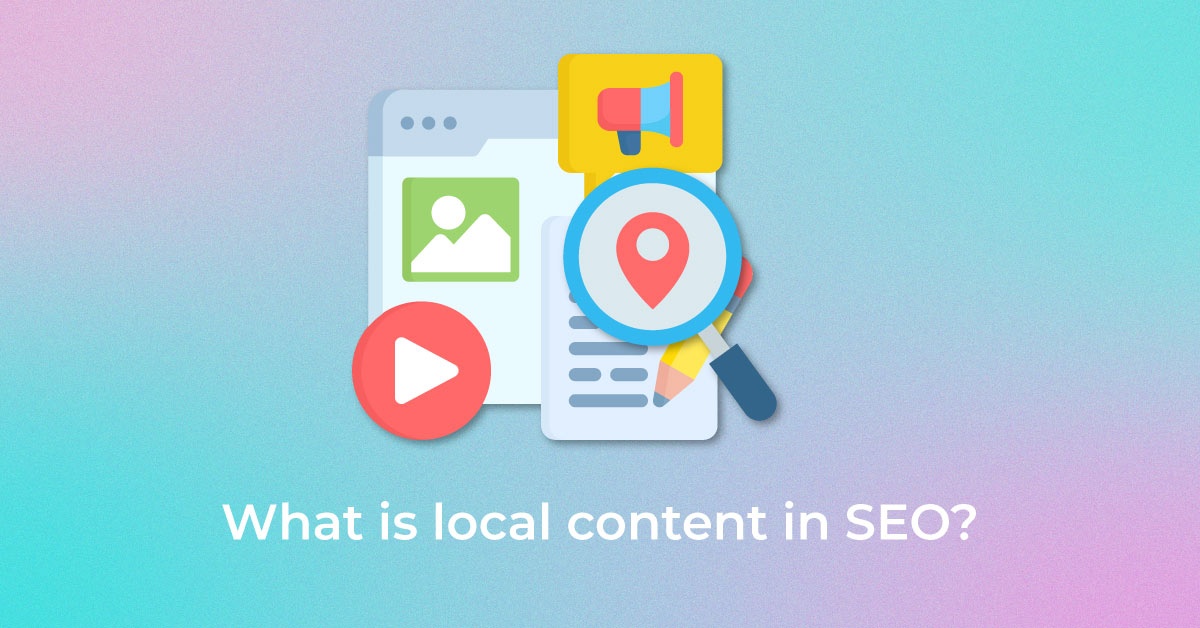

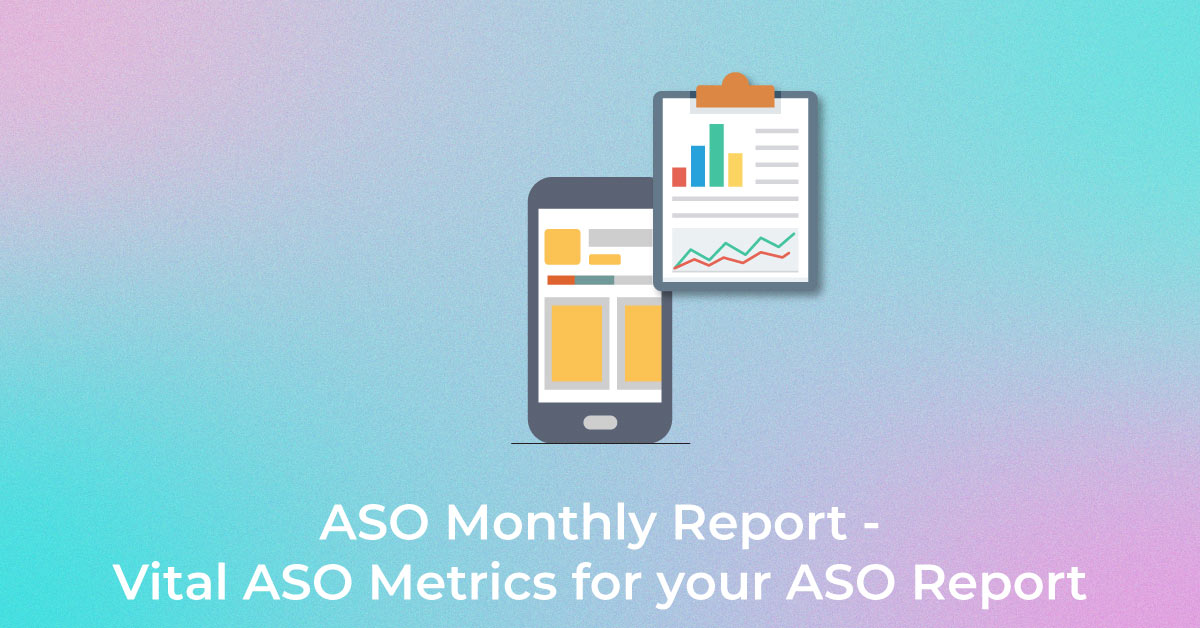
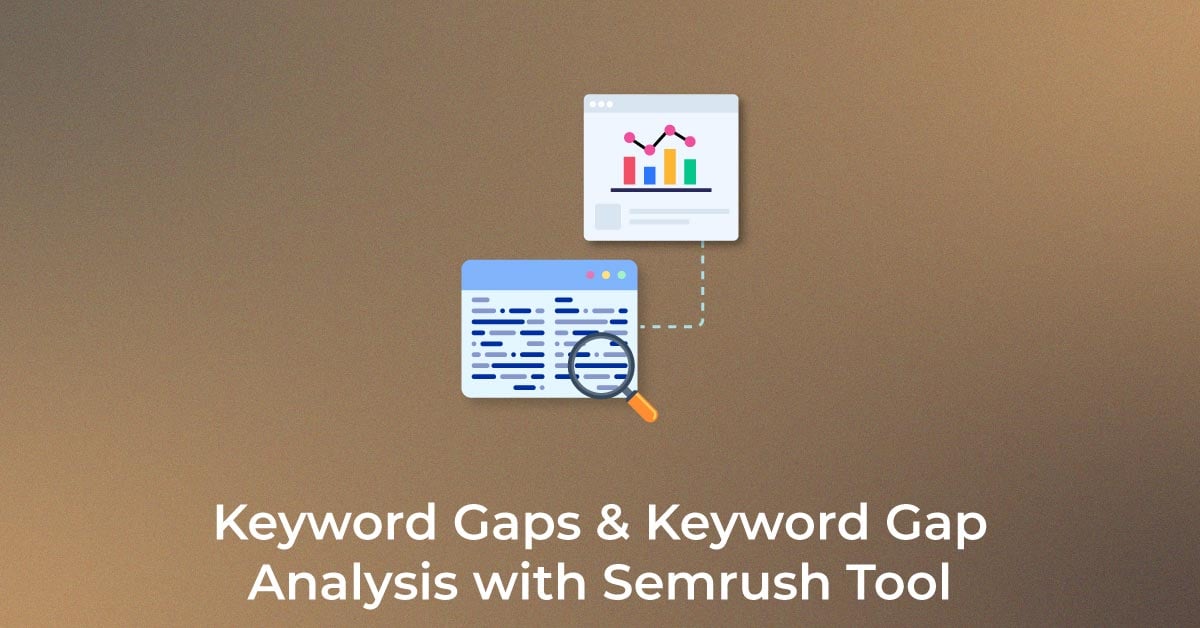
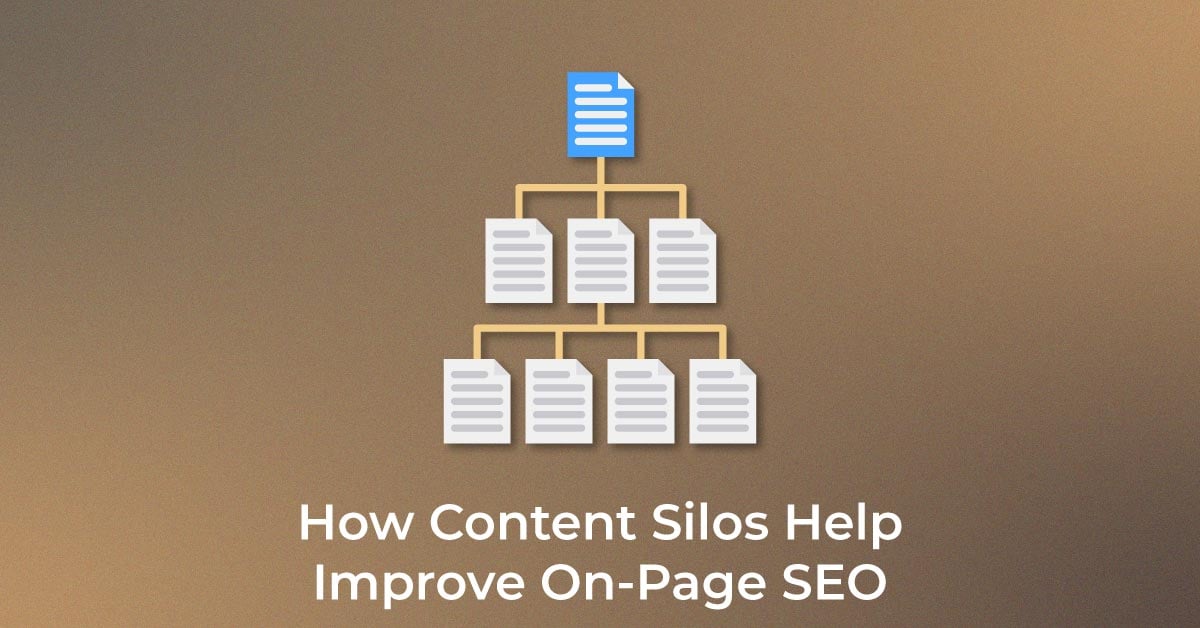
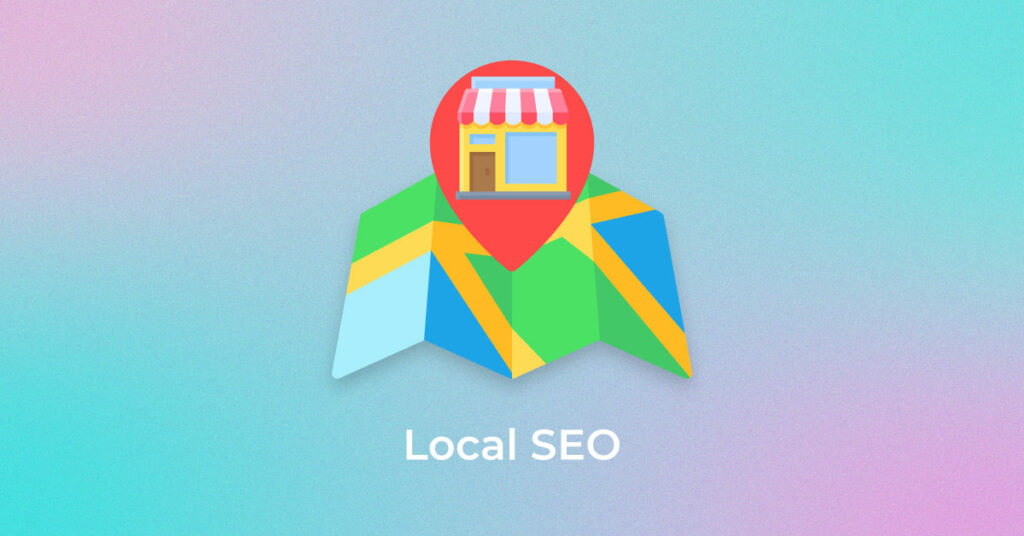
43 thoughts on “What is Local SEO – Complete Guide To Local Search Engine Optimization 2022”
A very detailed explanation. Thank you!
Thanks Harmesh. Do Subscribe to our blogs to get the latest updates on SEO.
Descriptive information on local SEO. nice blog.
Hey Abhijit, we are glad that our blog on local SEO helped you. Do Subscribe to our blogs to get the latest updates on SEO.
You have explained every point with perfect example and detailed explanation. nice blog!
Thank you Ritika, Subscribe to our blogs to stay updated with upcoming blogs.
I went over this web site and I conceive you have a lot of wonderful info , saved to fav (:.
Thank you, Odell
Subscribe to our blogs for more such articles.
Nicely Explained
Thank you for the appreciation, do subscribe us for more latest updates.
Thank you Vichithra, do check our latest post for more updates.
I was planning on starting the guide with wordpress..
Great thought Kattesenge really appreciated. We also have blogs on Wordpress, which you may find interesting. Do subscribe us for more latest updates.
Every small or multi-location company can grow their business and attract more customers using local SEO strategies.
Thanks, Jeff. Do subscribe to us for more updates.
Great and insightful blog on Local SEO! Thanks for sharing it with us.
Thanks, Parth
Nice blog about local SEO. I think your blog very helpful for more people. Thanks for sharing the information.
Thank you, Amit.
Very nicely explained by the author, great effort keep it up.
Thanks, Devki. Do check our latest posts for more updates.
You can increase your rankings with Local SEO Services, Every small or a multi-location company can grow their business and attract more customers using local SEO strategies.
Thank You for sharing wonderful insight.
GMB is the appropriate path to walk on for the local rankings. Listings must contain the accurate and same NAP i.e Name, Address, Phone number.
Thanks for sharing the amazing information.
Thanks. Do subscribe us for more latest updates.
Very valuable information, it is not at all blogs that we find this, congratulations I was looking for something like that and found it here.
Thanks. We are glad to know that you got the information that you were searching for. Check out our latest posts for more updates.
Very valuable information, it is not at all blogs that we find this, congratulations I was looking for something like that and found it here.
Thanks. Read our latest posts for more updates.
Wonderful blog on Local SEO thank you.
Thanks. Subscribe us for more updates.
Site design improvement (SEO) especially rotates around Google today. In any case, the training we currently know as SEO really pre-dates the world’s most well-known web crawler helped to establish by Google.
Thanks for sharing your insight.
Many thanks to you for an awesome post.
Thank you. Do subscribe us for more latest updates.
Great detailed information, I ll be visiting you more frequently, here is very interesting information.I really appreciate this post. I have been looking all over for this! Thank goodness I found it on Bing. You have made my day! Thank you again
Local SEO Services
One of the most informative local SEO articles I have read, you did an awesome job.
Thanks. Read our latest posts for more updates.
This post is really one of the impressive posts, thanks for providing this useful information to us. Wishing you good luck with upcoming posts.
Thank you for your appreciation. Please read our latest posts for more updates.
Thank you for such useful data regarding local SEO. Optimizing meta data based on location is the new thing I learn in this blog. I will sure try this thing.
Hey Shubhangi, thanks for sharing your feedback with us. Please do implement the learnings which you get from our articles & share your feedback in the below comments section.
I was searching for the best SEO provider. Thanks, admin for sharing such wonderful content on this topic. Now I have got everything I need about it. Here’s another informative content Best Local SEO Service Provider . You may find here more information.